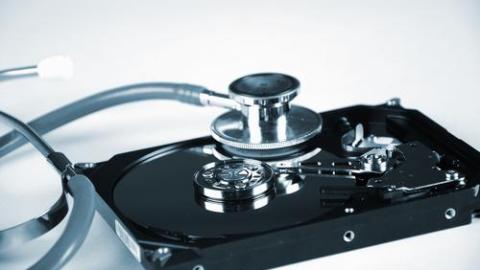How Big Data Will Disrupt Health Care

What’s the Latest Development?
Your doctor typically treats you using knowledge of your medical history but what if medical professionals had the histories of millions of other patients, processed into useful chunks, at their finger tips? That is the promise of new medical technologies that work in concert with supercomputers and social media. One technology, worn around the clock by women with fertility problems, takes health readings up to 20,000 times a day, allowing professionals to build illness profiles without asking patients to set foot in a hospital or clinic.
What’s the Big Idea?
Hospitals and clinics are increasingly interested in collecting and processing patient data but their initiatives occur in the limited context of people who are already ill, limiting out a great majority of the population. New technologies that monitor and aggregate data from healthy people provide medicine with a control group taken from the real world. One real obstacle, given how privately medical records are kept, is to encourage patients to track and share their medical histories in order to benefit the greater good.
Photo credit: shutterstock.com





